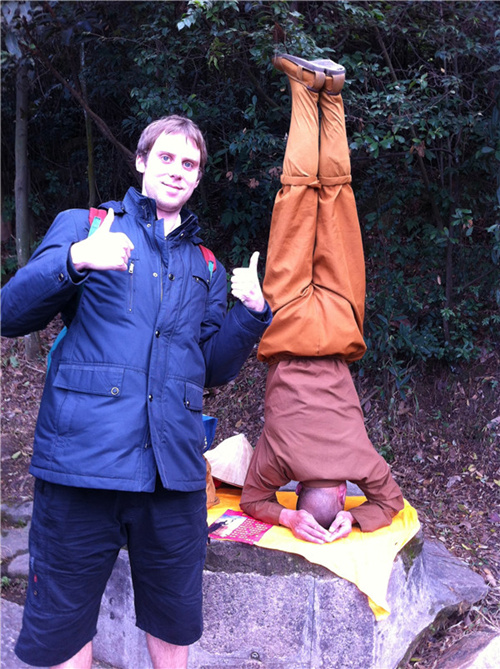

Some clichés are plain misrepresentations. "What do you eat in Europe? You must be eating beef daily! That is why you are so tall", I often hear. Movies and TV series play an important role in distorting transcultural perceptions. Foreigners are expected to be good drinkers and to be excessively open. The term "foreigner" is actually highly stereotypical in itself since it can refer to almost anyone that is not Eastern Asian. Generalization is never far. On the other hand, some stereotypes appear as correct. The Chinese like to qualify foreigners as zuo, which in Chinese means being unreasonable. It is not that we lack rationality in the West, but the Chinese society is more structured and the position of someone in the society is crucial.
As a white person in Fuzhou, I am constantly immersed in stereotypical situations. Good thing: I noticed that it is possible to leverage those misrepresentations and turn them into something positive. One day, my boss asked me to meet a customer and to hold a technical conversation. "Why don't you send Jack instead? He is the expert." I asked. "No, Jack is Chinese, they want to talk to a foreigner."
 |
|
What I See Up, You See It Down [Photo provided to chinadaily.com.cn] |
The feeling of safety and trust is important for the Chinese. For some reasons, foreigners are perceived as reliable and knowledgeable and this helps me quickly win the confidence of my peers. It doesn't mean that I am better; but by default, I will be seen by the Chinese as trustworthy. Until I prove them wrong! Another virtue of stereotypes is that they always offer plenty of conversation materials. We all want to know what strangers think.
At the end of the day, what can we do about stereotypes? Well, we will never completely keep away from them. As long as they don't prevent us from sharing and communicating, we should all be able to build wonderful relationships.